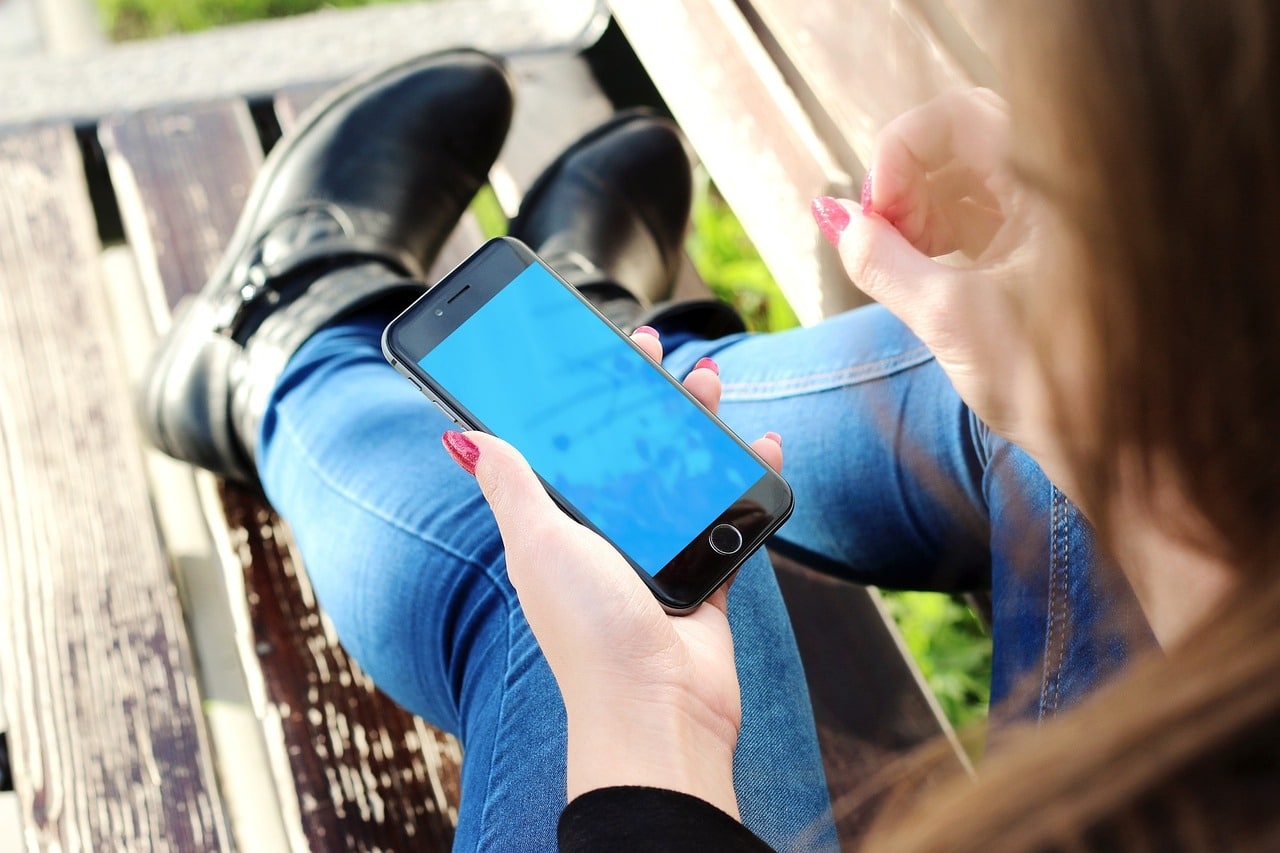Cecília woke up and felt something very square on her shoulders. She got up to brush her teeth and when she looked in the mirror: “Aaaaaaaah! My head is SQUARE!” The character in the book “The Girl with the Square Head” is inspired by a girl of the same name who, at age 7, was always glued to her tablet.

Understand more: Lenovo Revolutionizes the Desktop Concept: Meet the New Chromebox Micro
The Worrying Numbers
- 44% of Brazilian children aged 0 to 12 have a cell phone.
- Average of 3 hours and 53 minutes in front of the screen, according to research.
- 30% of babies aged 0 to 3 years express a desire for cell phones.
The book is from 2017, but if it were published today, Cecília's mind would hardly have any other shape. Furthermore, currently, 44% of Brazilian children aged 0 to 12 have their own phone. They spend an average of 3 hours and 53 minutes a day in front of the screen, as shown by the survey Children and Smartphones in Brazil, conducted by Mobile Time and Opinion Box.
Experts' Warnings
“In our house, we make several agreements to use less screen time. I share the phone with my brother, he plays, then I play. When the time is up, we play, read, write, draw,” says Malu.
But is a cell phone a suitable Christmas gift for children? The Brazilian Society of Pediatrics does not recommend the use of electronic devices before the age of two. In short, even so, babies come to the office of psychologist and professor at the Bahian School of Medicine and Public Health, Isabella Queiroz, because of screens.
See also: Six Amazing Phones Redefining the Smartphone World
Risks in Child Development
“When exposed to screens, young children do not acquire the possibility of exercising this proto-conversation, of expressing themselves, of experiencing the exchange of glances, voices, and comfort,” warns the psychologist.
In October, the Federal Government opened a public consultation to understand the relationship between children and adolescents and screens. Certainly, contributions from civil society representatives, such as the Alana Institute, will support the creation of a guide to guide families, educators, and health and social assistance professionals.
The Screen Access Debate
“First and foremost, children need to learn safety and privacy rules, but many are too young to do this. Why give them a cell phone when you can give them a ball, a bicycle or a music or drawing class?” asks Eisenstein.
The Role of Media Education
“This is what will give the child the ability to read critically and make them realize that this recognition, sought through a dispute, can be a way of living with differences,” argues Nejm.
In fact, given this scenario, it is clear that Christmas presents must be considered with caution, taking into account not only the child's wishes, but also the impacts and alternatives for healthy and balanced development.
Read now: Safe Cell Phone Use for Children: When to Give and How to Provide Guidance


